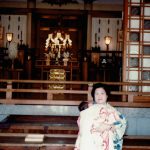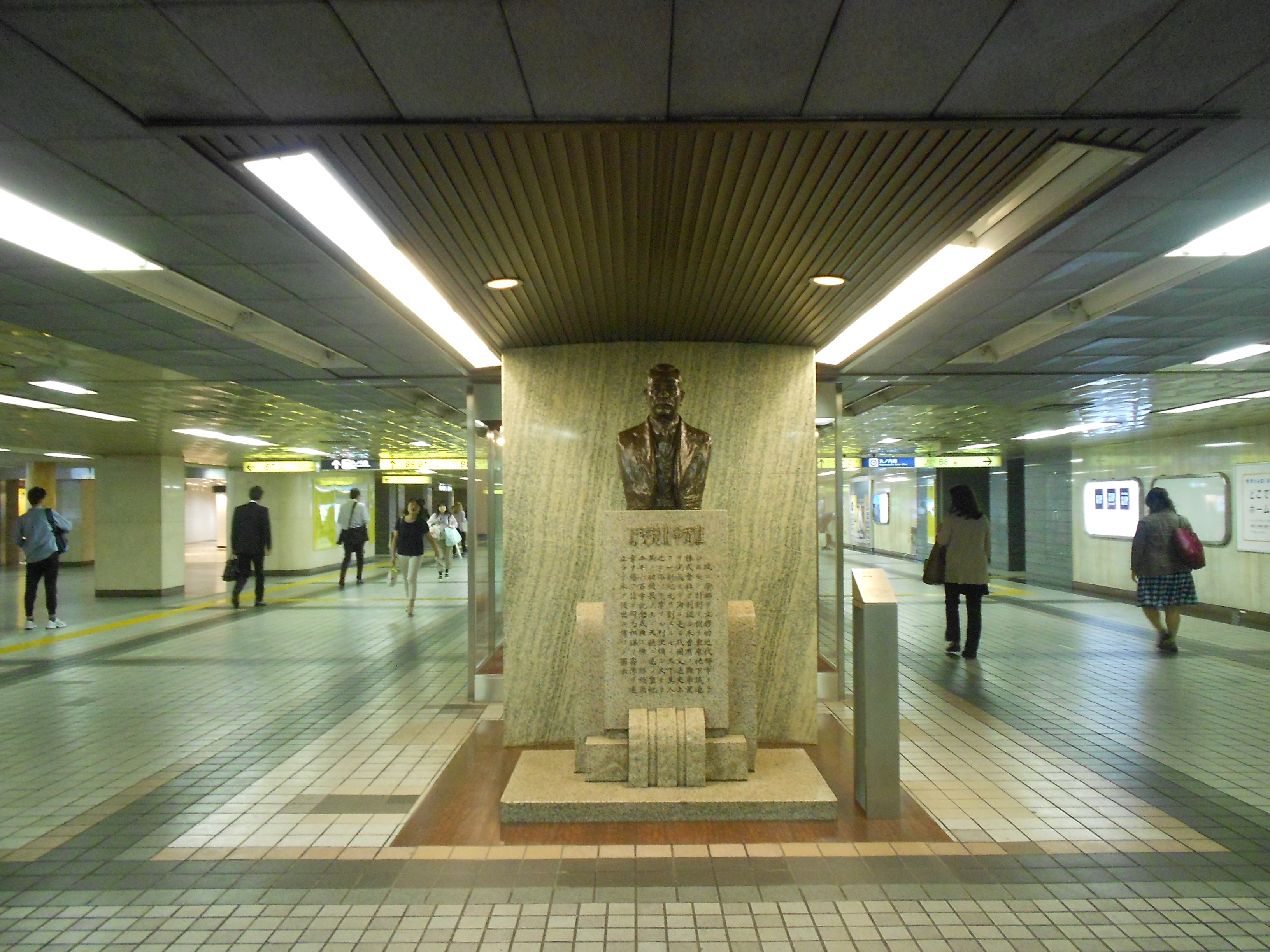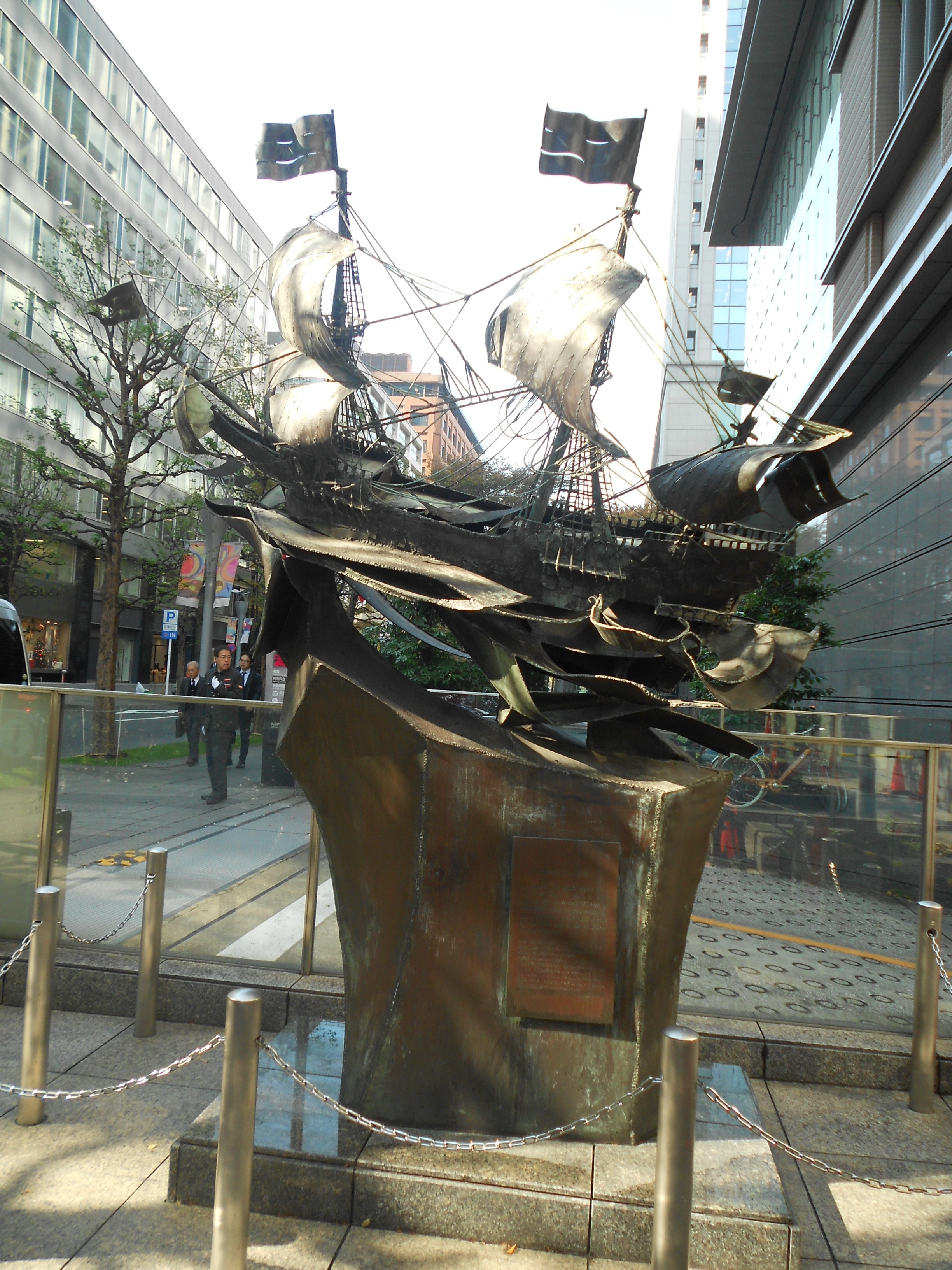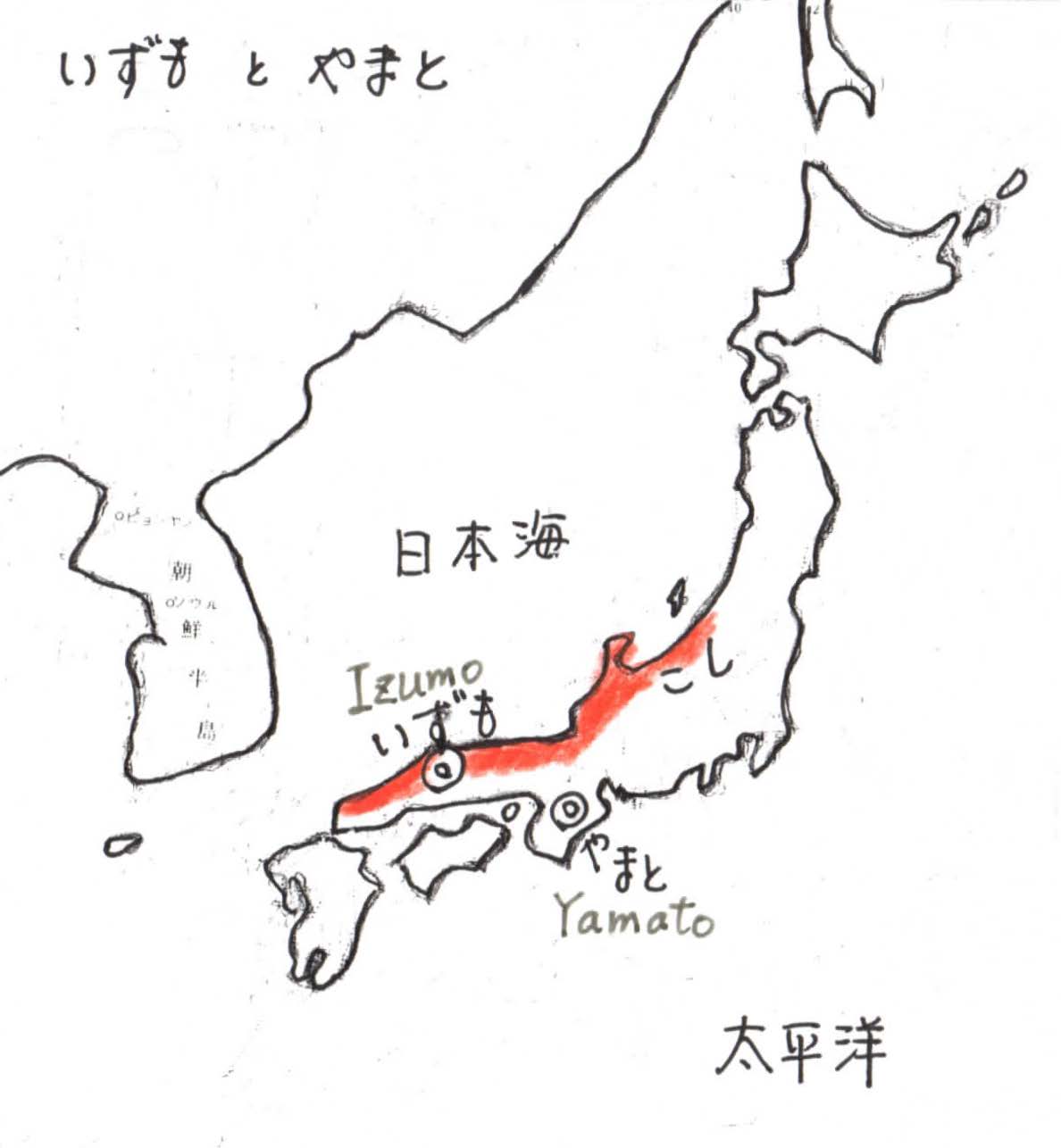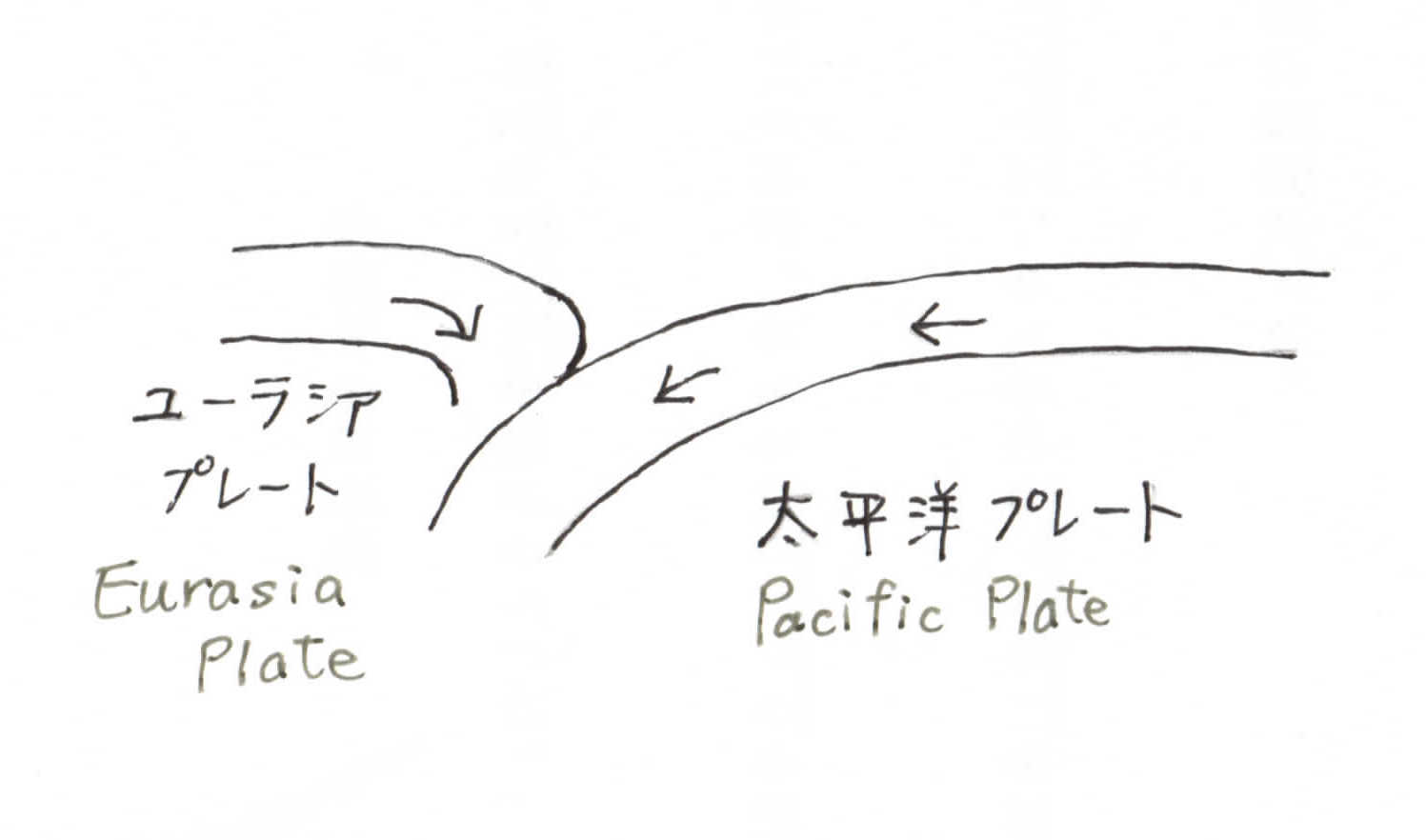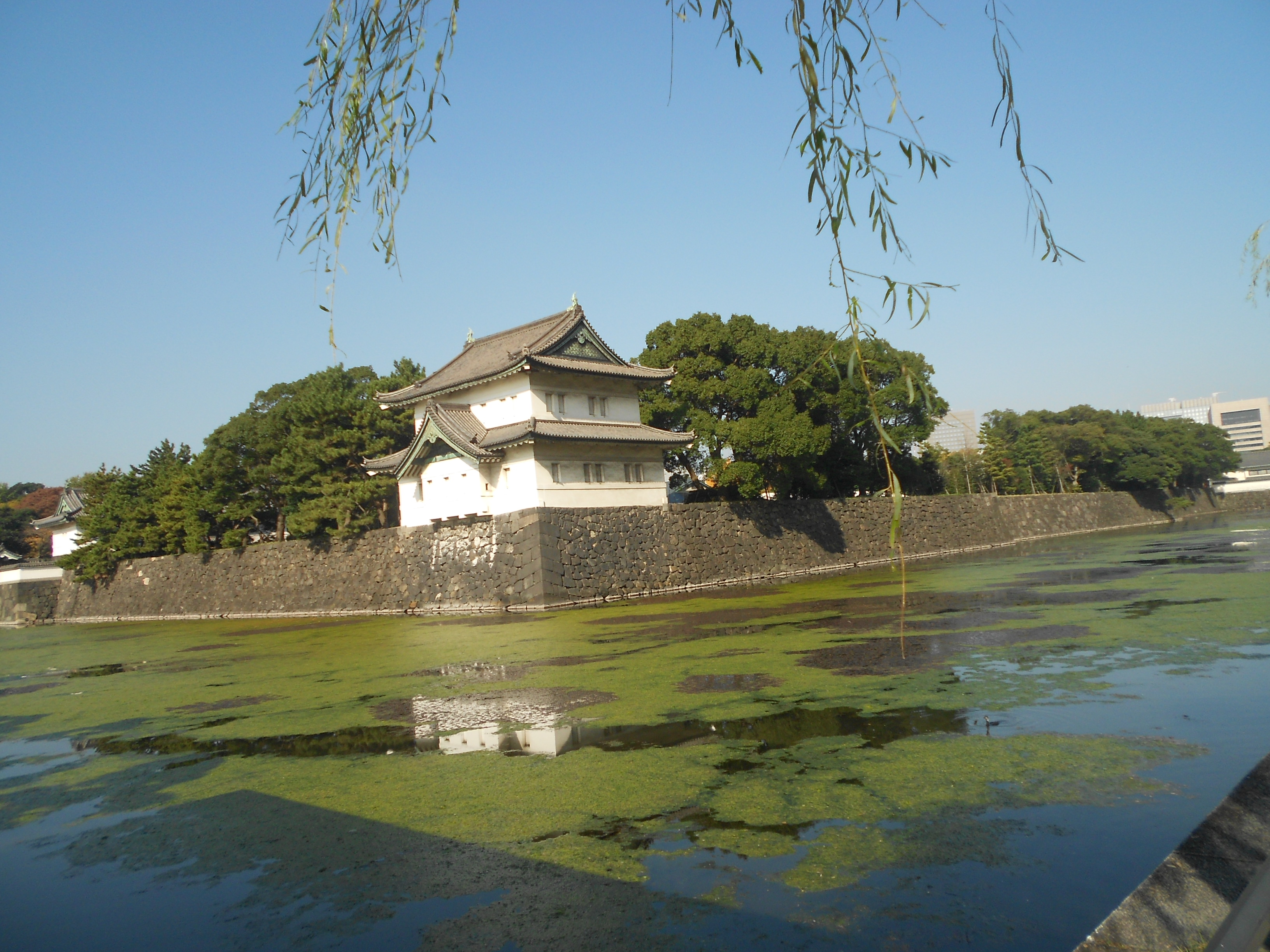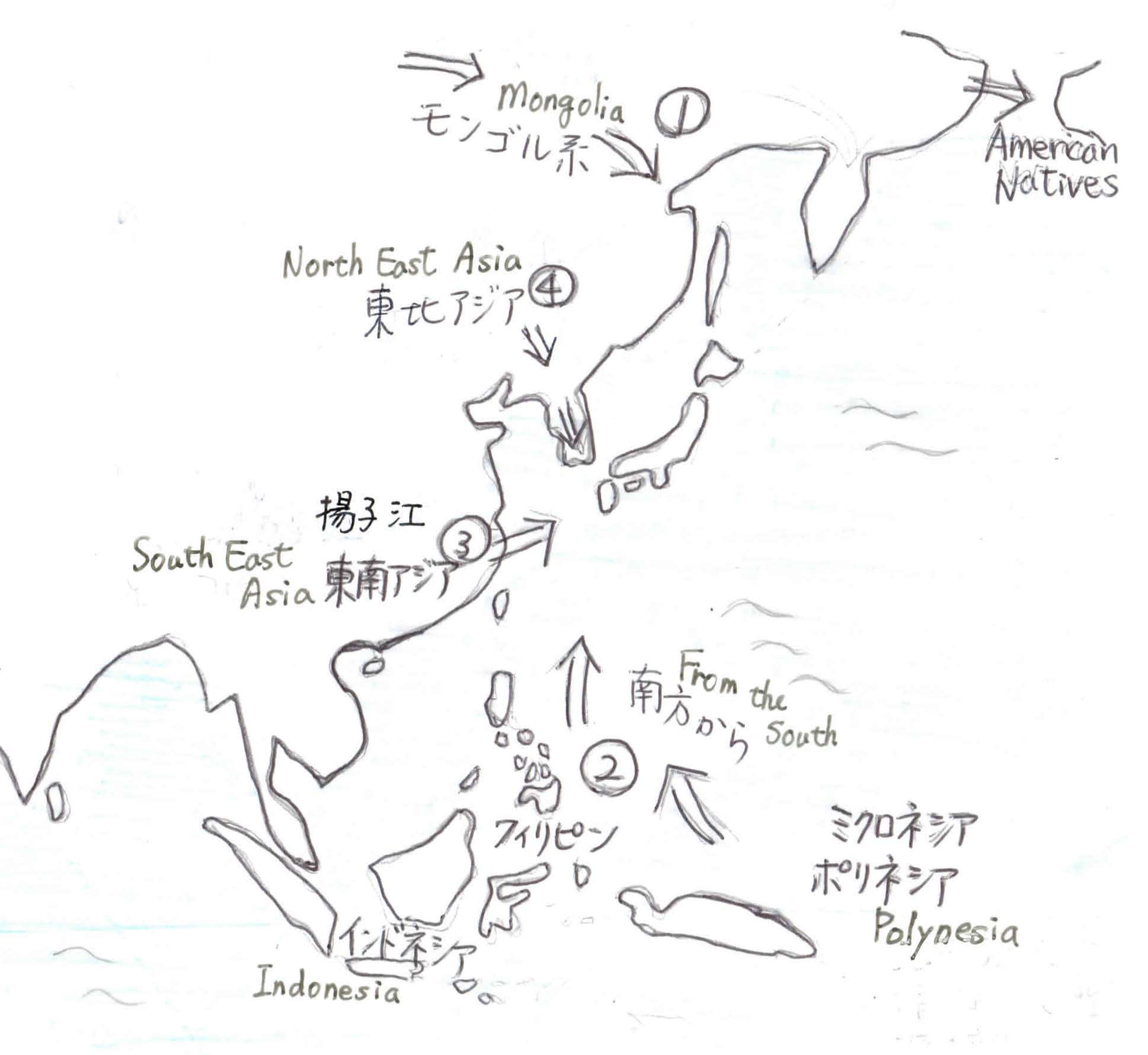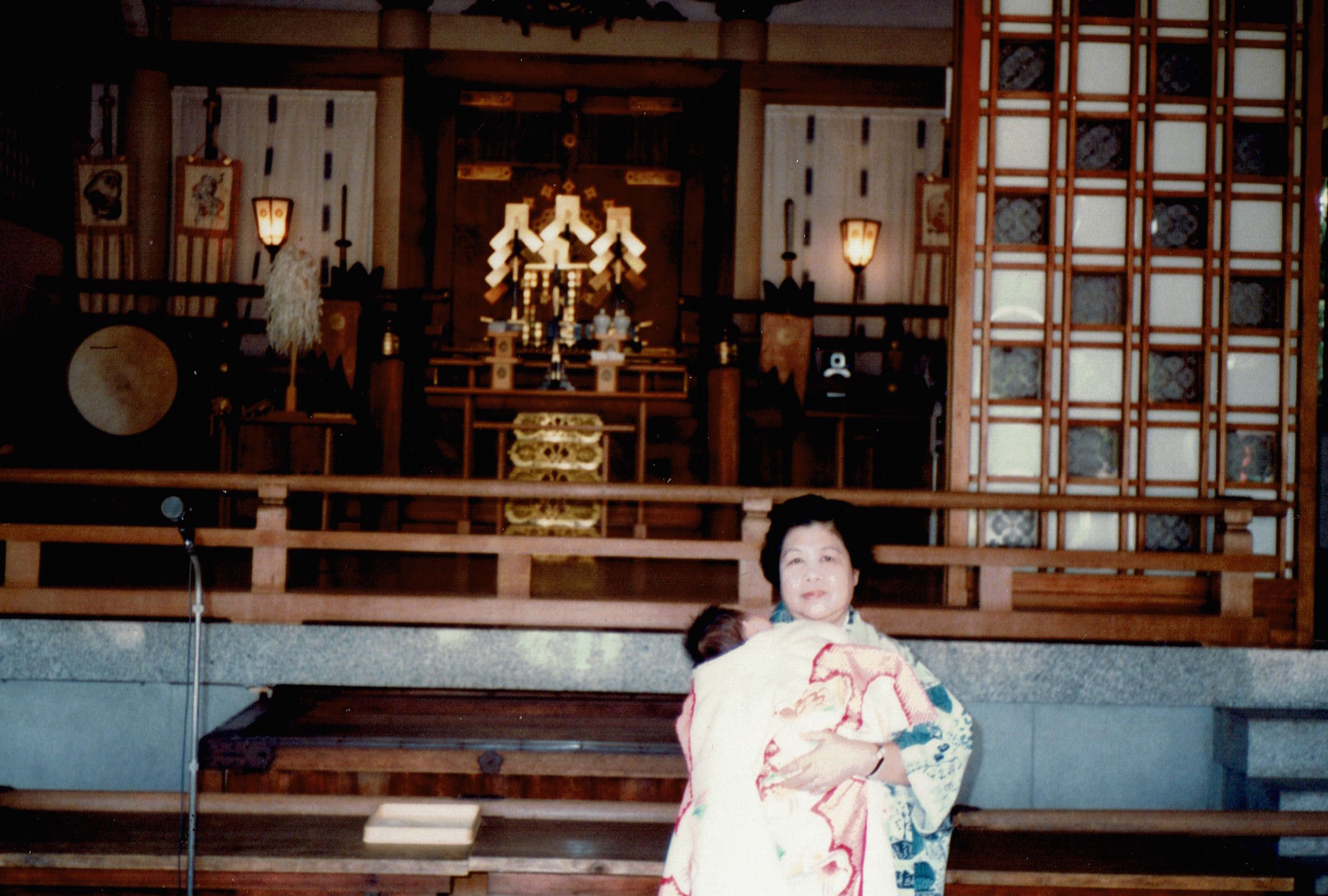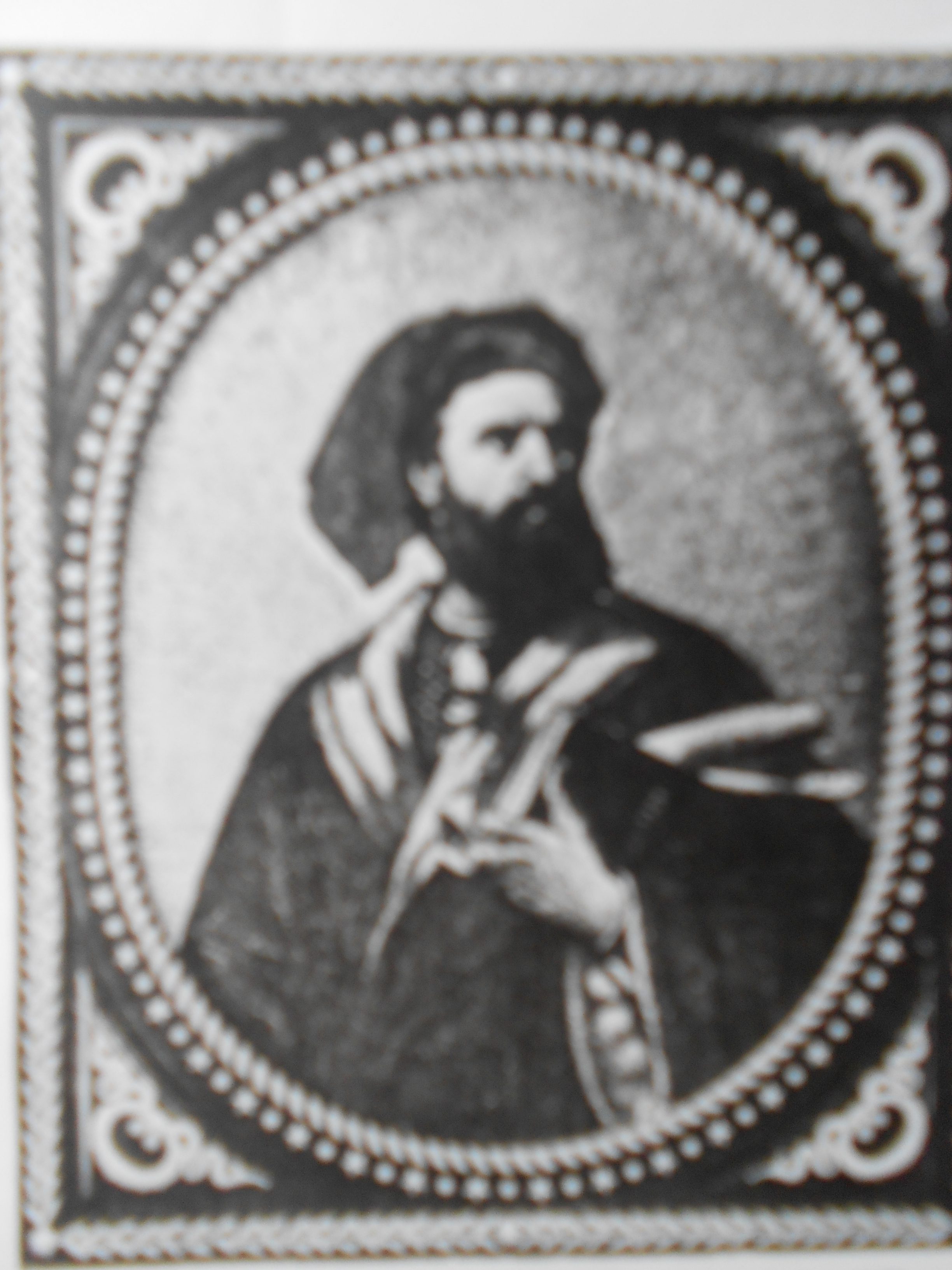☆ 1 ” My wife”
“(O)kamisan” is an old word meaning “wife”, still used not only in the Japanese style inn ( ryokan ), but also in a traditional world like Sumo stables. Once in the American television movie ” Colombo”, “my wife” was translated as “kamisan”, so some young people started to use it with a new image, but now it seems not much to be used.
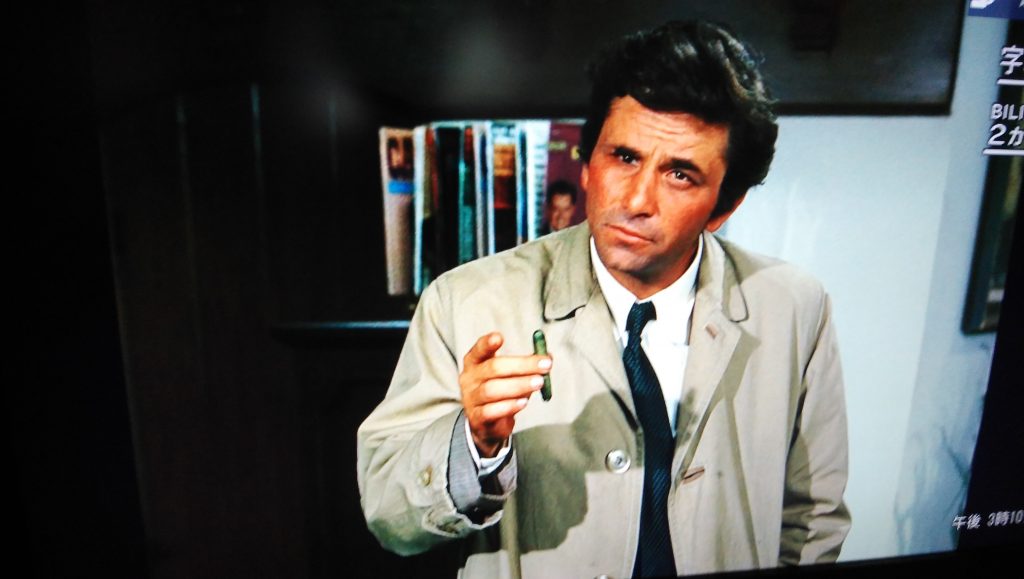
Why was the word “kamisan” used in ” Colombo”? When we want to say “my wife” in Japanese, there is no neutral word. Currently husbands of 70s and 80s address their wife as “kanai” to other people, while men in their 50s and 60s say “nyobo”, and men in 20s to 40s say “tsuma”.
When translating in the television drama “Colombo”, they didn’t know which word would be good, and they decided to use old “kamisan”.
The reason why there are so many words for “wife” is that different words were used depending on their status and occupation until Edo period(1600~1868). After Meiji era(1868~ ) people have been wondering which word is good for “my wife”.
☆ 2 What is “(O)kamisan”?
Husbands thought “My wife is usually gentle and warm but when she gets angry, she gets fierce like the “deity of mountain (Yama no kami)”. “Kami” means “deity” in Japanese. Until Edo period “the deity of mountain” was a familiar existence for people in a village. It was a symbol of warmth and gentleness of the “Nature” growing rich greenery and fruits, but sometimes it brought storms, floods, earthquakes. In such cases people thought the deity of mountain got angry. “Yama no kami” often came out in old children stories. After all, a wife seems like “the deity of mountain (Yama no kami) “. To make it short, wives were called “kamisan” or polite way “okamisan”.
☆ 3 “Kami(sama)” is “an existence which is in the upper part”.
As “Yamato-words (Original Japanese)” representing “up and down”, there are ” ue and shita”, and “kami and shimo”. “Ue and shita” are vertical up and down. But “kami” means “upper part” and “shimo” means ” “lower part”. The original image of “kami” is “upstream of a river” (kawa-kami). ( Downstream is “kawa-shimo”).
Like this, maybe people said “what exists in the upper part over people” is “kami“. So, they expressed “sacred spirits beyond human power” or “great power of Nature” as “kami”. For example, “kami(sama) of the mountains”, “kami of the big trees”, “kami of the Sun”, “kami of rivers”, “ kami of the sea “, ” kami of the fire “. It’s said that there are “Yao yorozu no kami (8 million deities)”.
It is similar to the Roman myth before Christianity. So, “kami” exist in various places such as “kami in kitchen”, “kami in dojo (practicing hall,gym)”. Sometimes we see Japanese athletes bow their heads to “kami” there, when they enter into a dojo and go out, and when going into the stadium or going out. They show their respect to the existence of superhuman being there.
☆4 Human beings become “Kami” too
There were some super human people, who became “kami” when they died. For example, these super human people had shrines built to honor them, such as “Togo Shrine”, Sugawara Michizane’s “Tenjin Shrine”, and Tokugawa Ieyasu was enshrined in “Toshogu Shrine”.
Even living people who are “super wonderful people far above the ordinary ” are said to be “kami”. For example, “kami(sama) of movie” : Kurosawa Akira, “kami of Manga” : Tezuka Osamu, “kami of Animation” : Miyazaki Hayao.
☆ 5 ” Koch Shrine “
When Dr. Kitazato Shibasaburo studied in Germany (1885~1891), he deeply respected German medical doctor, Koch. After Kitazato returned to Japan, he made a small shrine (about 2 meters large) in the Kitazato Institute and named it “Koch Shrine”. Kitazato worshipped every day. German people knew about it on a newspaper article, and very surprised that “Koch became God in Japan! “.
In Japan, people admire a special superior person and worship not to forget him. But this is a completely different idea from the God of monotheism. To translate the word “kami” as “God” will give strange misunderstandings.
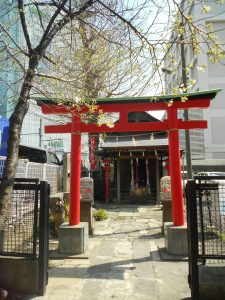
☆ 6 The God of monotheism
The God of monotheism (Christianity, Judaism, Islam) is the only God who created all the world. The idea of monotheism was born only around the Middle East.
Other ancient religions were mostly Nature worships. Native Americans and many people in Europe also worshipped Nature before Christianity arrived in the 1st century AD. Even now in the UK, some stories like “Peter Pan” and “Harry Potter” are very popular.
But when we think about “religion”, why do we think only of Christianity and Islam ? In monotheism they consider only their God is “just”, they tried to expand their power, even if they destroyed other religions (16th century). But Nature worshippers admire what is there, with no intention to spread their ideas.
☆ 7 Christian ” Kami ” ?
When Christianity came in Japan for the first time in the 16th century, Catholic missionaries called the Christian God “Deus” (from Latin) and distinguished it from Japanese deities (kami).
Christianity was prohibited in Edo period (1600~1868). But when Christianity came in Meiji era again (1868~), Protestant preachers used the word, “kami” as a translation of Christian “God” so that Japanese people easily accepted Christianity. And the misunderstanding of “Kami” = “God” was born. It became so confusing! (*)
“Kami” in Japanese is “super great being up above the ordinary people”, so there are many “kami(sama)” here and there, everywhere. It is totally different from monotheistic God.
In a word
“Okamisan” is an old word of “wife”. The wife is usually gentle and warm but when she gets angry, very scary, just like “Yama no kami” (deity of mountain) which is usually warm and gentle, but sometimes it brings storms and earthquakes when it gets angry. That is why a wife was called “Yama no kami” or “Okamisan”.
――― (*) ———
* “Etymology of English” by Watanabe Shoichi, Kodansha 1977
The English word “god” was originally the name of indigenous English gods, but when Christianity arrived from Rome, “God” was used as a translation of Christian God. So now “God” represents Christian God completely, and the original English gods are gone.

